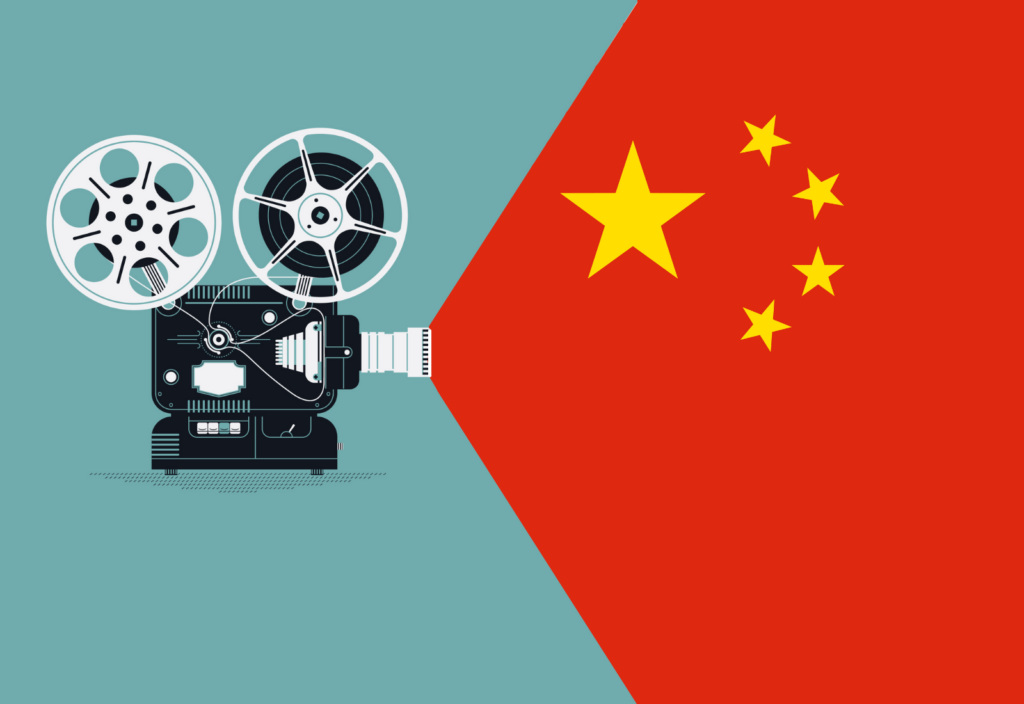What a wild ride it’s been for the Chinese film industry! Until July 27, it had been a year of one depressing story after another. Downward-trending box office, high-flying entertainment companies imploding, deals to purchase foreign assets falling through, the biggest movie studio on the planet sold to a real estate developer, the can’t miss co-production The Great Wall tanking. Even the Transformers franchise couldn’t save the day, with its latest installment performing well below expectations in China.
But on July 27, the action film Wolf Warrior 2 opened, and within 12 days of its release it became the highest-grossing film of all time in China. As of this writing the film has pulled in more than $720 million in China alone. The narratives are almost writing themselves, with pundits trying to explain why Chinese people are going in droves to see a jingoistic film about a Chinese special forces operative in Africa.
I’m not going to wade into those waters except to note William Goldman’s aphorism that when it comes to the film business, “Nobody knows anything.” The phenomenal success of Wolf Warrior 2 was anything but a foregone conclusion. The first movie was a surprise hit, earning about $89 million, but it’s not like people were lining up Episode 1-style for a sequel. Back in May, Wolf Warrior 2 was pilloried online when it came to light that its trailer had lifted footage from X-Men: First Class. Moreover, Wolf Warrior 2 was released on the same date as the government-backed propaganda film The Founding of an Army, and the latter was allotted the lion’s share of screens.
This movie – this particular movie – couldn’t have come at a better time for China. Hollywood is in the midst of negotiating the terms of foreign (read: Hollywood) films’ market access to China. American studios find China’s protectionism exasperating on multiple levels, with the biggest complaints being (1) the quota system, which only allows 34 foreign films (largely US studio films) each year on a revenue-sharing basis (2) the low percentage of receipts allotted to the foreign studio (currently 25%) for such revenue-sharing films, and (3) the foreign studio’s inability to control the release date. The last point is more serious than might immediately be apparent – not only does the Chinese government determine when each film will be released (via a largely opaque process), it also imposes unofficial blackouts during which no new foreign films are allowed to be released.
Aside from discussions about WTO obligations and fair play, US studios’ best argument for expanding access to the Chinese film market has been an economic one: Chinese audiences want to see American movies (and don’t particularly want to see Chinese movies), and with thousands of new screens every year, Chinese movie theaters need movies people want to see. In other words, limiting the number of American movies hurts the Chinese economy.
Setting aside the fallacy that the Chinese government’s interests are aligned with those of Chinese theater owners, the success of Wolf Warrior 2 upends all of those arguments. Wolf Warrior 2 was released on the first day of a blackout period, and it is already the most successful movie in Chinese history. It is a Chinese-made movie, with purely (even exclusively) Chinese content, and Chinese theaters are raking in the money – and not having to send any of it overseas. The Chinese government will likely infer that Wolf Warrior 2’s success is not in spite of their protectionist policies, but because of them. And President Trump’s saber-rattling about a trade war isn’t likely to improve their attitude.
I certainly hope the U.S. negotiating team is able to make some headway, but U.S. studios and production companies shouldn’t assume anything. They need a backup plan, and right now the best one seems to be investing in and otherwise creating productions in China solely for the Chinese market. A number of studios and production companies are already going down this road, and I think it’s the smart play. Better to be an investor in the next Wolf Warrior than to be shut out completely.

























